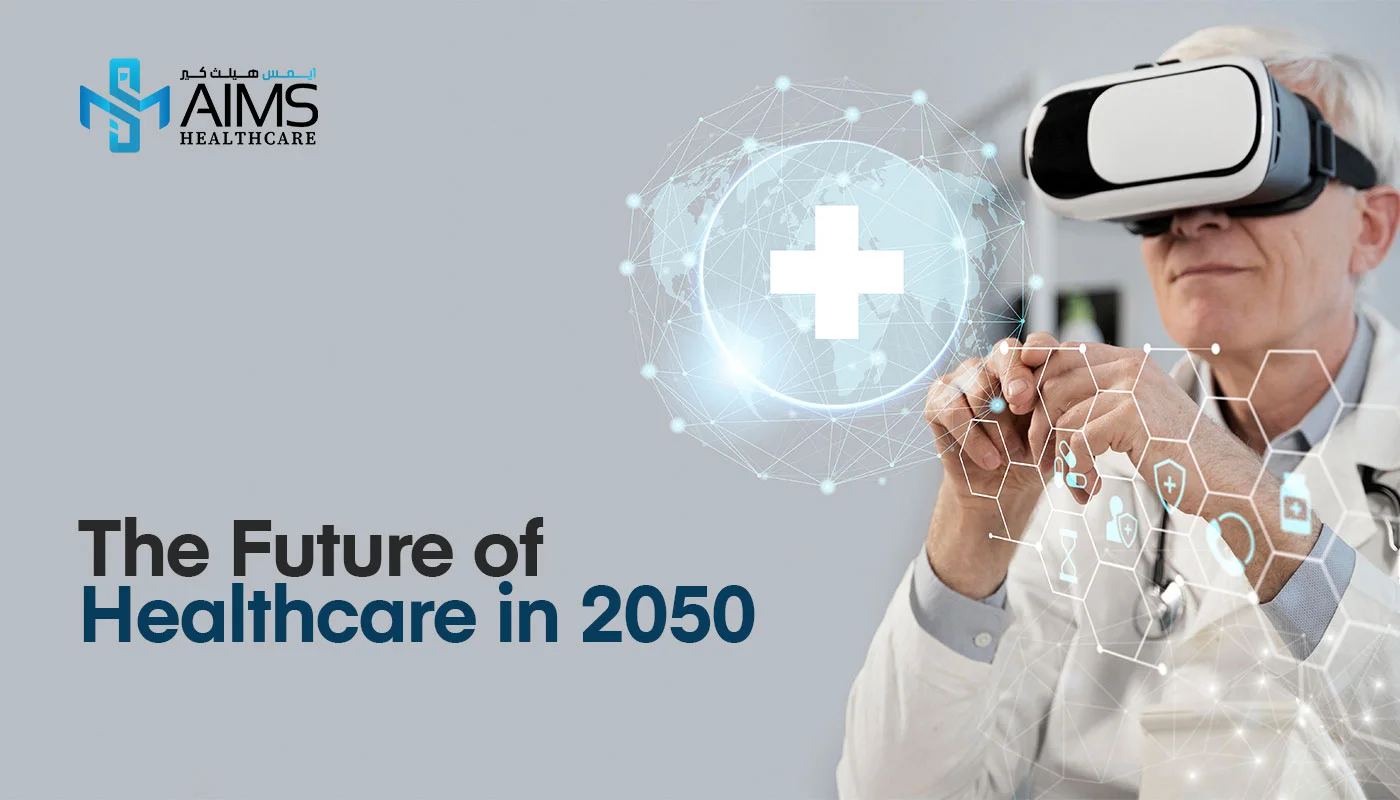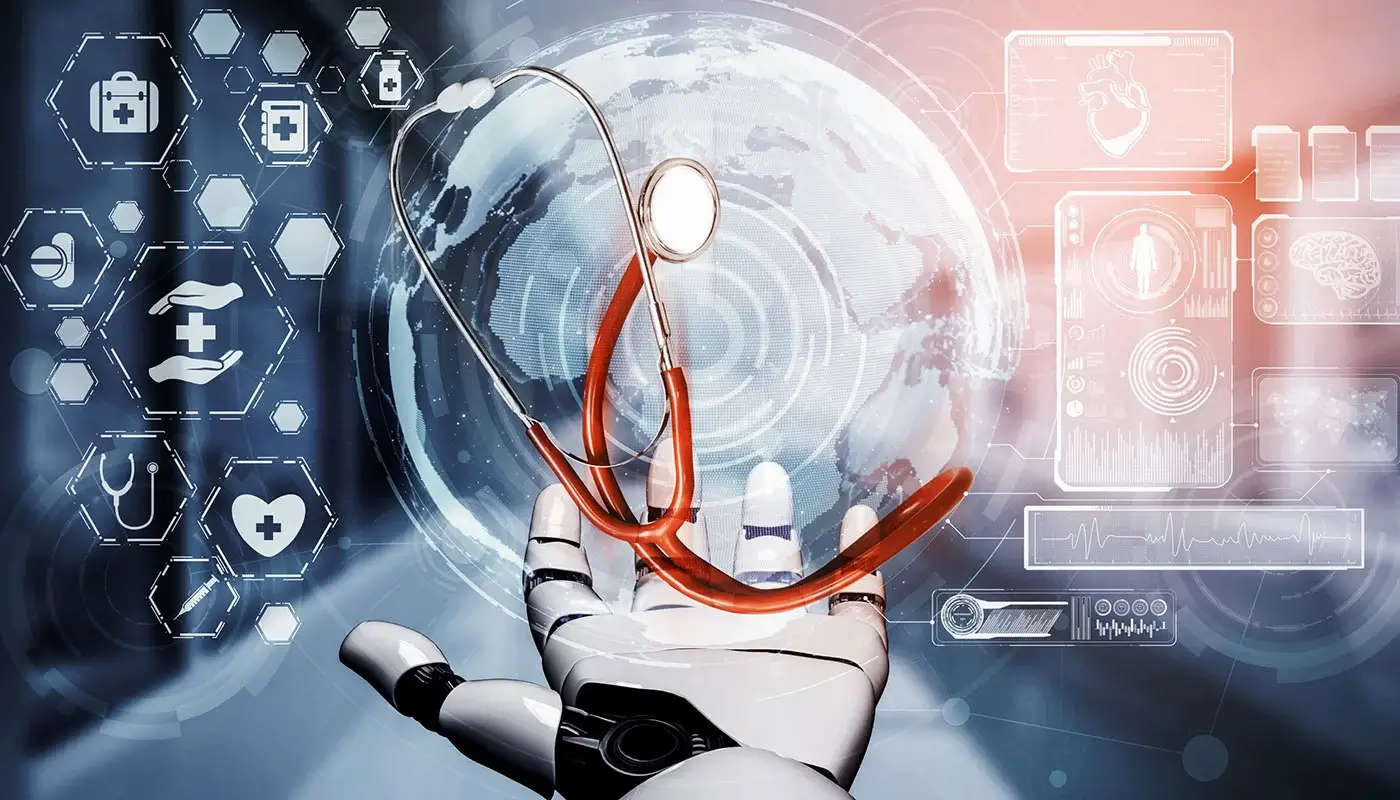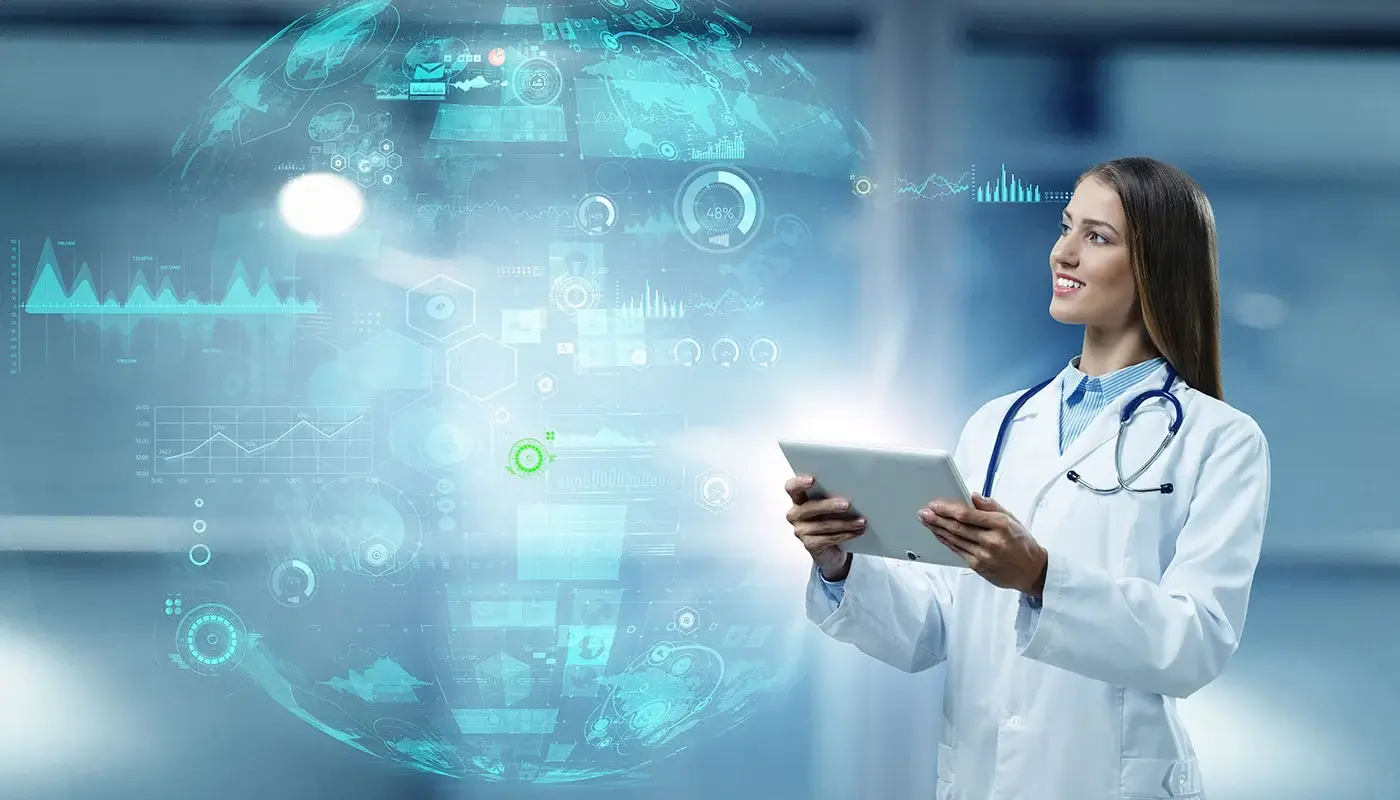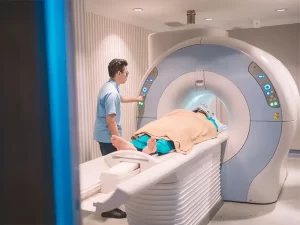
At-Home Fertility Test for Men – A Complete Guide
Table of Contents Having your semen tested at home is the best way to know whether you’re fertile. With at-home testing, you can check how

The healthcare industry is one of the world’s most dynamic and innovative sectors. It is evolving and adapting to the changing needs and expectations of patients, providers, and policymakers.
As we stand at the cusp of technological innovation and medical advancements, the landscape of healthcare is poised for a transformative journey into the year 2050. The relentless march of progress in fields such as artificial intelligence, genomics, and personalized medicine holds the promise of reshaping the way we approach health and well-being. From revolutionary diagnostic tools to unprecedented treatment modalities, the future of healthcare seems boundless. In this exploration of what lies ahead, we delve into the potential breakthroughs, ethical considerations, and societal impacts that will define the healthcare narrative in 2050. Join us on this visionary journey into the future of well-being.
By 2050, the global population aged 60 and older will double, reaching a staggering 2.1 billion individuals. Additionally, the number of people aged 80 and older is expected to triple from 2020 to 2050, reaching 426 million. World Health Organization
With this aging population comes a growing demand for healthcare services, especially long-term care.
One of the key drivers of healthcare innovation in the future will be the advancement of personalized and precision medicine.
This refers to tailoring medical treatments and interventions to each patient’s characteristics. Such as their genetic makeup, lifestyle, environment, and health history. Personalized and precision medicine will enable more accurate diagnosis.
Some technologies allowing personalized and precision medicine include:
The analysis of an organism or cell’s complete set of genes (genome). Genomics will allow us to identify the genetic variations. It will help identify mutations influencing the risk, onset, and progression. And response to treatment of various diseases. Genomics will enable us to create therapies that modify or replace defective genes with healthy ones.
The study of proteins’ structure, function, and interactions in a biological system. Proteins are the building blocks of life and perform various roles in cellular processes. Proteomics will help us understand how diseases affect proteins. How they can be used as biomarkers or targets for drug development.
Metabolism is the chemical process that converts food into energy and other essential substances for life. It not only provides us with a comprehensive picture of metabolic status but also ensures the activity of an organism or a cell. It can reveal insights into disease mechanisms and potential interventions.

Another significant trend is the integration of digital technologies into various aspects of healthcare delivery and management. Digital health refers to using information and communication technologies. Such as mobile devices, wearable sensors, telemedicine platforms, electronic health records, cloud computing, blockchain, and the Internet of Things, to improve healthcare service access, quality, efficiency, and safety.
Some examples of digital health already in use or development include:
Using mobile devices, such as smartphones, tablets, smartwatches, and fitness trackers, to monitor, track, communicate, educate, and intervene in various health-related issues. mHealth can help empower patients to take charge of their health, provide real-time feedback and guidance, facilitate remote consultation and diagnosis, and enhance adherence and compliance.
Delivering health care services over a distance using telecommunications technologies, such as video conferencing, online chat, email, or phone. Telemedicine can help improve access to health care for people who live in rural or remote areas, reduce travel time and costs, increase convenience and flexibility, and reduce exposure to infections.
Authorized healthcare providers can access and share digital versions of patients’ medical histories across different settings and locations. EHRs can help improve coordination and continuity of care, reduce errors and duplication in healthcare processes, enhance decision-making and quality improvement, and facilitate research and innovation.
A distributed ledger technology that allows secure and transparent transactions among multiple parties without intermediaries. Blockchain can help improve data security. It helps to improve privacy, reduce fraud and corruption, streamline administrative processes, and enable smart contracts and tokenization in health care.
The third major trend influencing healthcare’s future is how healthcare services are delivered. The traditional hospital visiting model will be replaced by a more convenient one leveraging the power of digital technologies and nanomedicine.
Some examples of how healthcare delivery and management will change in 2050 include:
People will have smart devices and sensors instead of going for physical check-ups and tests. Embedded in their bodies or attached to their skin or clothing. These will monitor their vital signs, blood chemistry, and other health indicators in real time.
These devices and sensors will send the data to cloud-based platforms. That will analyze them and alert the patients and their doctors if there are any anomalies or risks. The patients will also have access to their health data. They can use them to make informed decisions about their health and wellness.
By using big data, machine learning, and artificial intelligence, healthcare providers can predict the onset, progression, and outcome of diseases before they manifest any symptoms. This will enable early intervention, prevention, and personalized treatment. That will improve the chances of recovery and survival.
Artificial intelligence will also assist doctors in making accurate diagnoses. Prescribing optimal medicines and providing quality care.
Instead of undergoing invasive surgeries or procedures, people will have nanobots. These will be injected into their bloodstream. They will perform various tasks, such as delivering drugs, repairing tissues, killing cancer cells, or removing toxins.
Nanobots will also be able to collect tissue samples from inside the body. And send them to bioprinters to create artificial organs or tissues that can be transplanted into the patients. This will eliminate the need for donor organs and reduce the risk of rejection or infection.
People will be able to receive health care services from anywhere in the world through telemedicine platforms. That will connect them with doctors on call via video conferencing, online chat, email, or phone.
They will also be able to use virtual reality devices. That will simulate realistic environments and scenarios to help them cope. Virtual reality enables doctors to perform surgeries or procedures remotely using robotic arms or nanobots.

The future of healthcare is not only a matter of prediction but also a matter of choice. You can choose the best home healthcare services in Dubai for yourself and your loved ones. We are here to help you achieve your health and wellness goals with our wide range of services, such as:
We believe that the future of healthcare is not only about technology but also about people. We value our clients as partners in their health and wellness journey. And strive to provide them with the best care and experience. We also value our staff as our greatest asset and invest in their professional development and well-being.
If you want to learn more about our services or join our team, please visit our website or contact us today.
Personalized medicine can improve health outcomes. Providing more accurate diagnoses, effective prevention, and targeted therapy for various diseases and conditions.
You can access telehealth and remote care services through your mobile device, computer, or smart TV.
The challenges of telehealth and remote care include technical issues, such as:
The skills and competencies required for the new models and care roles include:

Table of Contents Having your semen tested at home is the best way to know whether you’re fertile. With at-home testing, you can check how

Table of Contents Healthy Fasting, Happy Digestion! Explore Tips for a Smooth Ramadan. As the holy month approaches, fasting holds significant spiritual and cultural importance

Table of Contents Healthy Fasting, Happy Digestion! Explore Tips for a Smooth Ramadan. As the holy month approaches, fasting holds significant spiritual and cultural importance